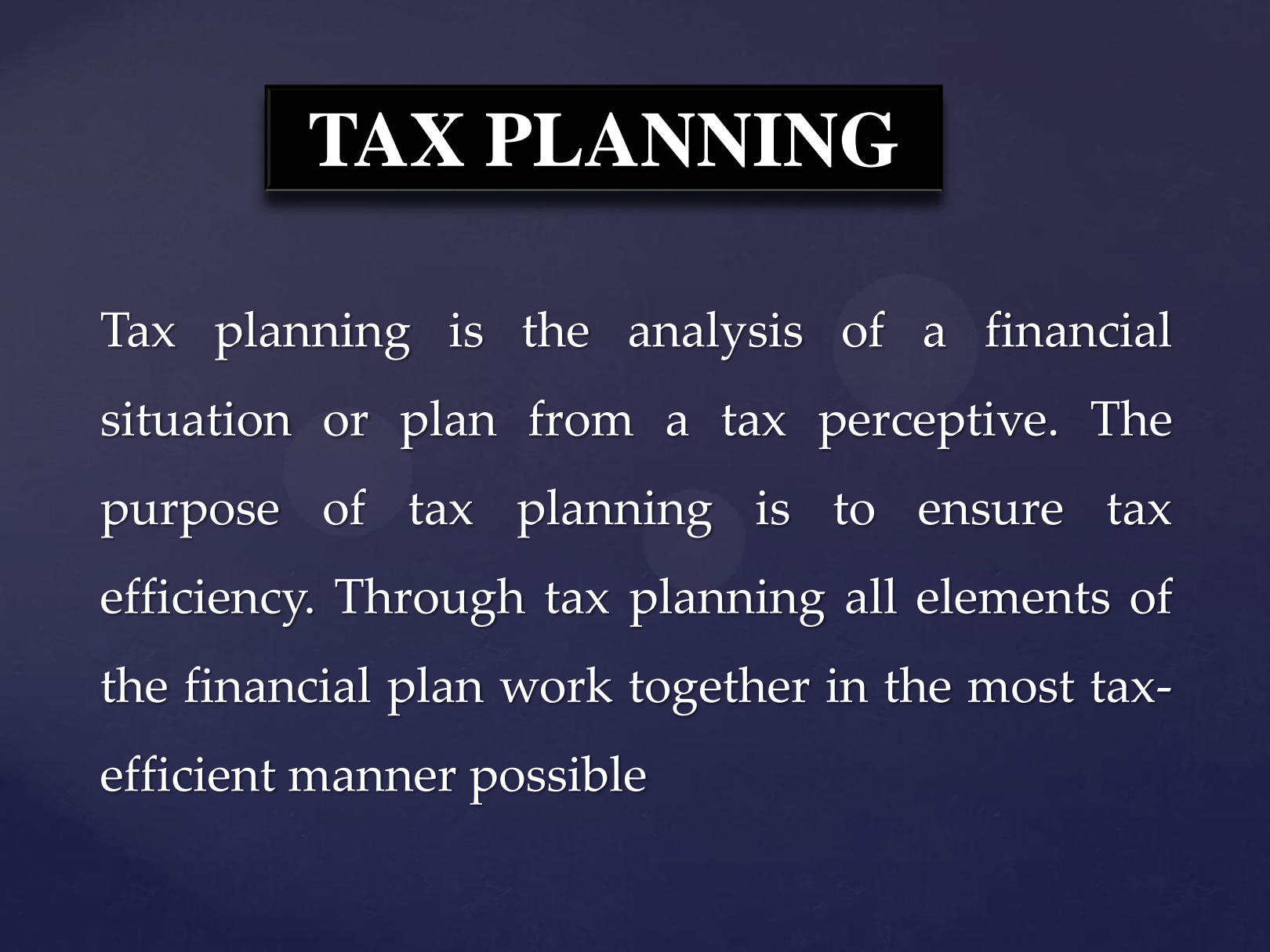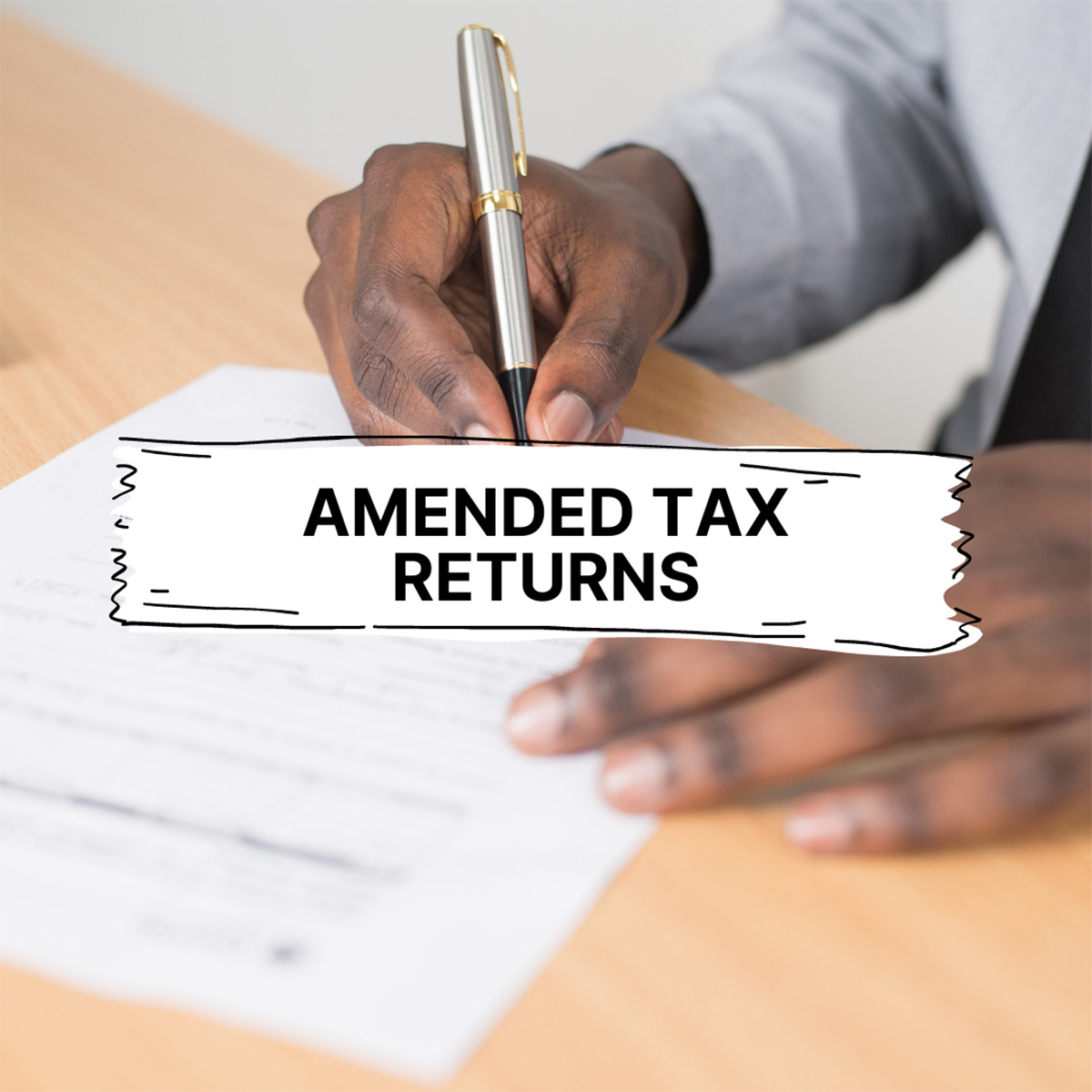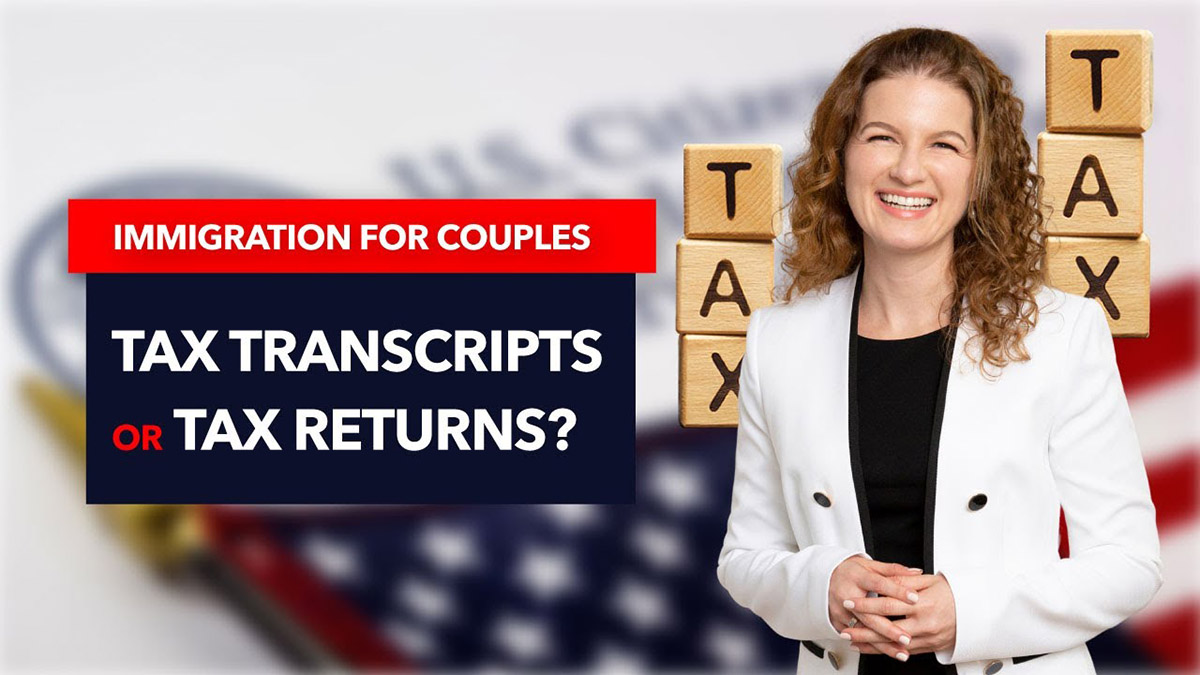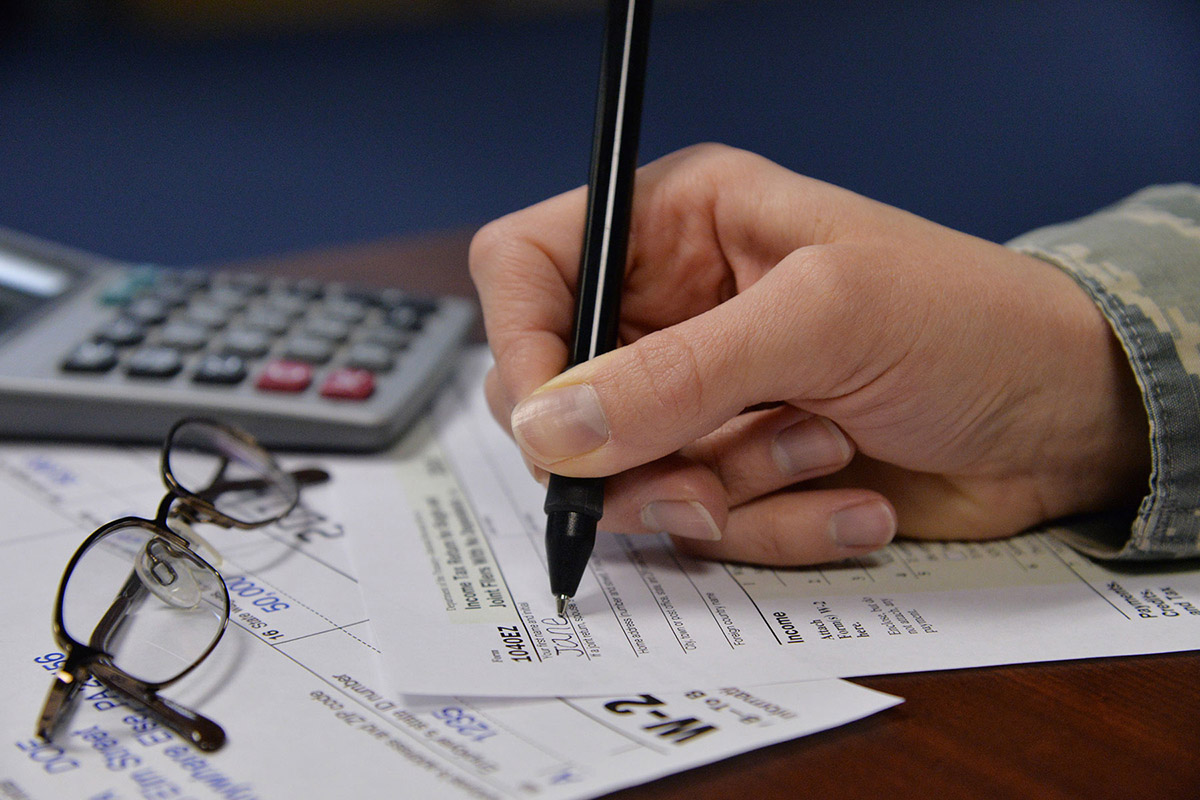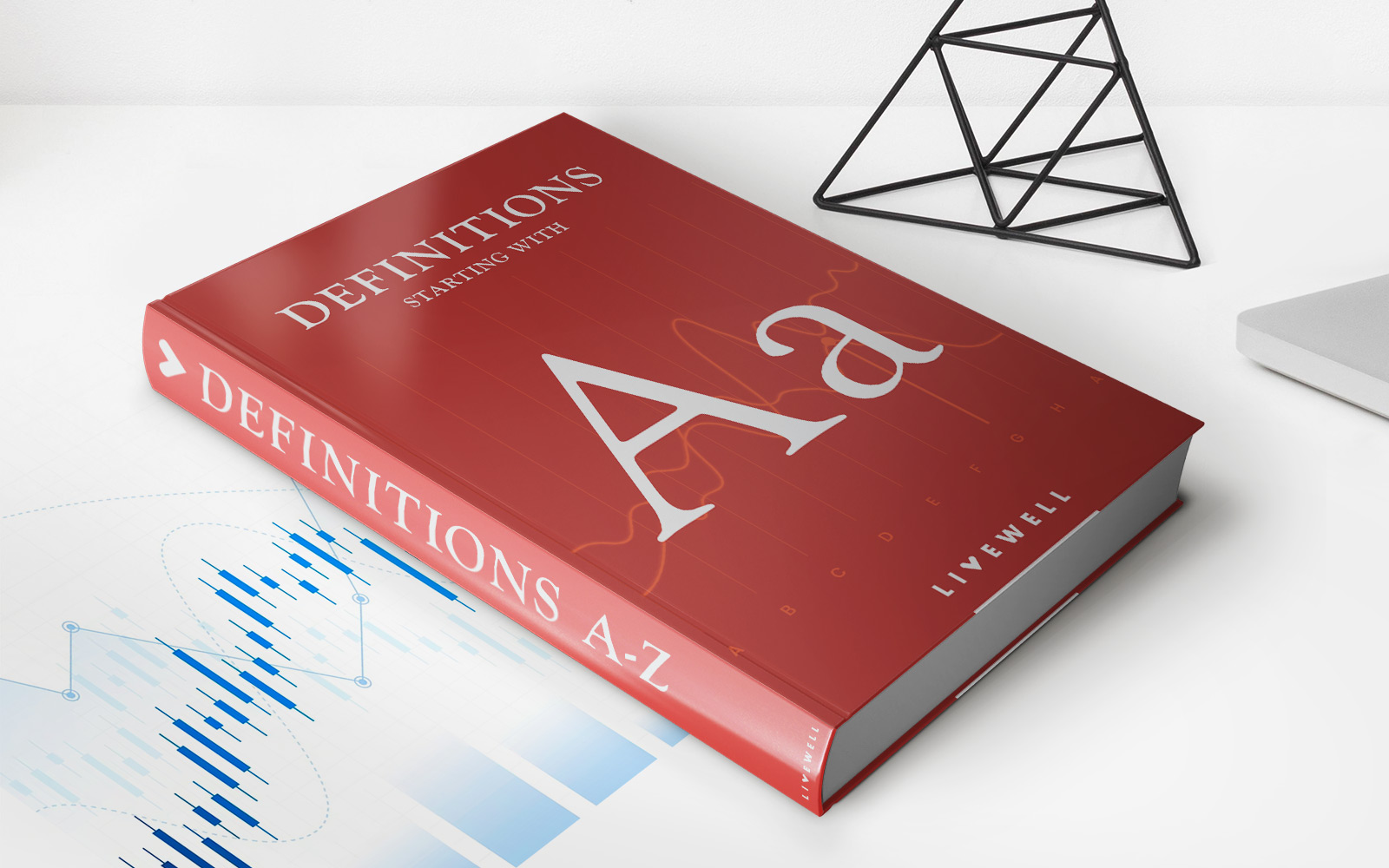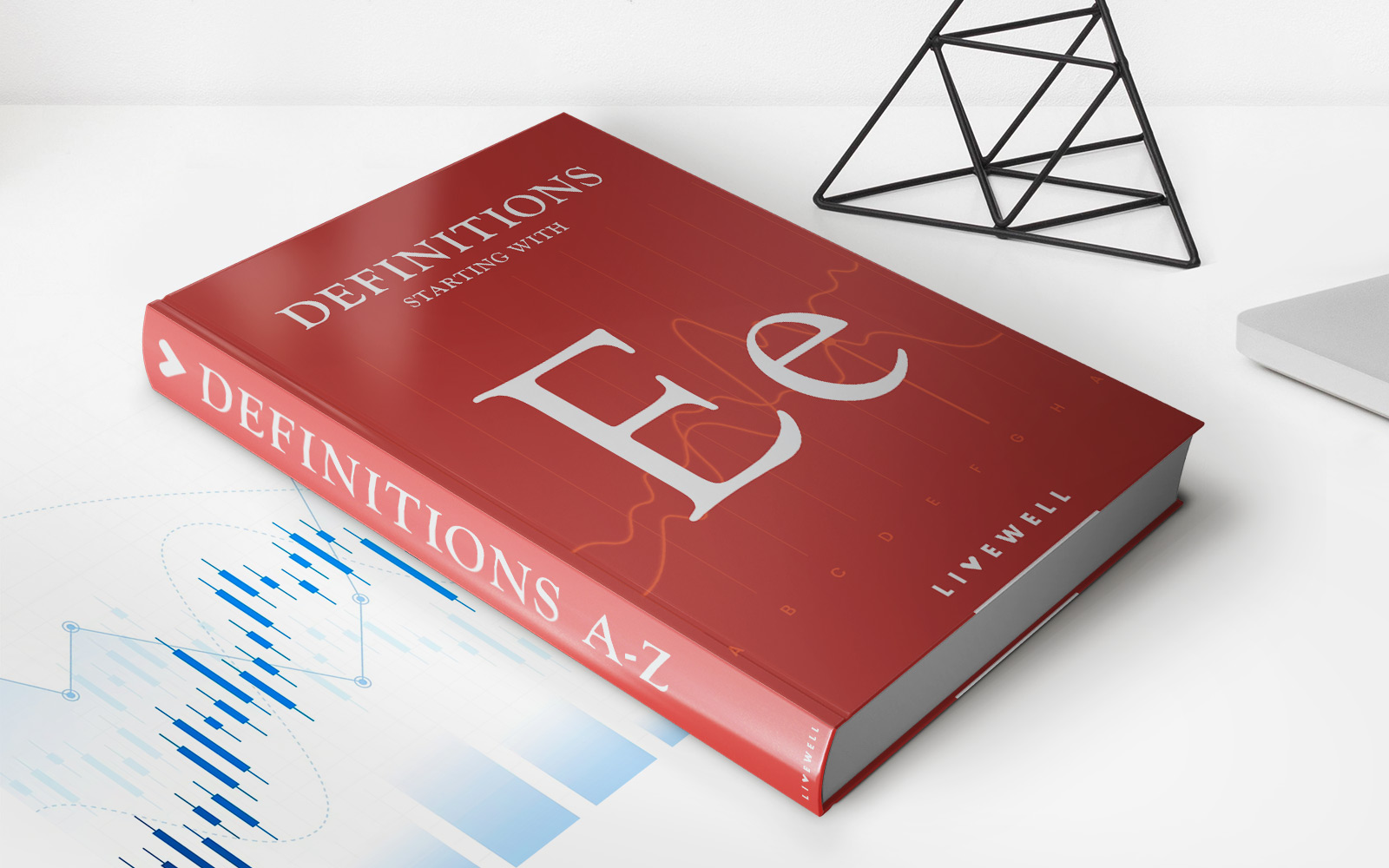

Finance
What Does Abode Mean On A Tax Return?
Published: October 28, 2023
Discover the meaning of "abode" on a tax return and its significance for your finances. Uncover key insights into this vital term in taxation.
(Many of the links in this article redirect to a specific reviewed product. Your purchase of these products through affiliate links helps to generate commission for LiveWell, at no extra cost. Learn more)
Table of Contents
Introduction
When filling out your tax return, you may come across the term “abode.” While it may sound like a complex concept, understanding what abode means is crucial for accurately reporting your financial information to the tax authorities. In this article, we will take a closer look at the definition of abode, its importance on a tax return, how it can impact your tax filing status, and other key considerations.
At its core, abode refers to the place where you live and intend to return to regularly. It goes beyond just having a physical address, as it encompasses your principal place of residence and where you establish your personal and economic ties. The concept of abode plays a significant role in determining your tax obligations, as it can affect your tax filing status, tax deductions, and even your eligibility for certain tax benefits.
Understanding and accurately reporting your abode on your tax return is crucial for avoiding potential penalties or errors in your tax filings. Additionally, having a clear understanding of this concept can help you navigate specific tax situations, such as determining your residency status for tax purposes or qualifying for tax benefits specific to your place of abode.
Throughout this article, we will delve into the intricacies of abode, providing you with the necessary knowledge to effectively report it on your tax returns and make informed financial decisions. So, let’s dive in and explore what abode really means on a tax return.
Definition of Abode
Abode, in the context of a tax return, refers to the place where an individual lives or resides on a regular basis. It goes beyond the mere physical address and encompasses the concept of a permanent or principal place of residence. Abode is typically considered to be the place where an individual has established their personal and economic ties.
While the concept of abode may seem straightforward, it can be more complex in certain situations. For example, individuals who have multiple residences, such as a primary home and a vacation home, may need to carefully consider which location qualifies as their abode for tax purposes.
When determining the abode for tax purposes, several factors are taken into account, including:
- Frequency of presence: How often an individual physically resides in a particular location.
- Intent to return: Whether an individual intends to return to a specific location regularly, indicating the establishment of a principal place of residence.
- Personal and economic ties: The extent to which an individual has established social, familial, and financial connections in a given location.
It’s important to note that abode is not determined by a temporary or transitory stay in a particular location. Rather, it signifies a more permanent or long-term connection to a specific place.
Understanding the definition of abode is essential for accurately reporting your tax information. Failing to properly identify and report your abode can lead to errors, misclassification of filing status, and potential penalties from tax authorities.
Next, let’s explore why abode is important when filing your taxes and how it can impact your tax obligations and benefits.
Importance of Abode on a Tax Return
Abode plays a significant role in determining your tax obligations and benefits. It affects various aspects of your tax return, including your filing status, eligibility for tax credits and deductions, and even your residency status for tax purposes. Understanding the importance of accurately reporting your abode is crucial for complying with tax laws and maximizing your tax savings.
One of the primary impacts of abode on a tax return is determining your filing status. The Internal Revenue Service (IRS) provides several filing statuses, such as Single, Married Filing Jointly, and Head of Household. Your abode is a key factor in determining whether you qualify for certain filing statuses. For example, to qualify as Head of Household, you must have paid more than half the cost of maintaining a home that was the abode of a qualifying person, such as a dependent or a relative.
Additionally, your abode can impact your eligibility for various tax credits and deductions. Some tax benefits are specific to a particular state or locality, and your abode determines your eligibility for those benefits. For instance, certain states offer property tax credits or deductions that are only available to individuals whose abode is within that state.
Your abode also plays a role in determining your residency status for tax purposes. If you are a U.S. citizen or resident alien, your abode can determine whether you are considered a resident or nonresident for tax purposes. Residency status can have significant tax implications, as nonresidents may be subject to different tax rates and reporting requirements.
Accurately reporting your abode on your tax return is essential for complying with tax laws and avoiding potential penalties. Tax authorities rely on this information to ensure that you are fulfilling your tax obligations accurately. Failing to report your abode correctly can result in penalties, interest charges, and even potential audits.
Next, let’s discuss how you can determine your abode for tax purposes and what factors come into play.
Determining Abode
Determining your abode for tax purposes involves considering several factors that establish your principal place of residence. While there is no strict formula for determining abode, the following key factors are typically taken into account:
- Physical presence: The amount of time you spend living at a particular location is a primary factor in determining your abode. If you reside in a specific place for the majority of the year, it is likely to be considered your abode.
- Intent to return: Your intention to return to a specific place on a regular basis is another crucial element. The intent to return is often demonstrated through factors such as having a permanent address, maintaining social and family ties, and conducting economic activities in the area.
- Personal and economic ties: The strength and extent of your personal and economic ties to a particular location contribute to determining your abode. This includes factors such as owning or renting a home, having a driver’s license or voter registration in the area, and being actively involved in the local community.
It’s important to note that no single factor alone is decisive in determining abode. Instead, a combination of these factors is used to evaluate the overall picture of your principal place of residence.
In situations where individuals have multiple residences, such as a primary home and a vacation home, determining abode can be more complex. In these cases, the factors mentioned above should be considered in relation to each location. The frequency of presence, intent to return, and personal and economic ties should be examined for each residence to determine which one qualifies as the abode.
Keep in mind that the determination of abode may vary depending on the specific tax laws and regulations of your country or state. Consulting with a tax professional or referring to the applicable tax guidelines can provide further guidance in determining your abode for tax purposes.
Now that we understand how to determine abode, let’s explore how abode influences your tax filing status.
Impact of Abode on Tax Filing Status
The concept of abode has a significant impact on determining your tax filing status. Your tax filing status determines the tax rates, deductions, and credits available to you. It is essential to accurately identify your abode to ensure you select the correct filing status on your tax return.
Here are the key tax filing statuses and how they can be influenced by your abode:
- Single: If you have a permanent place of abode and are not legally married or considered legally married on the last day of the tax year, you can file as “Single.” This filing status is available to individuals who are unmarried, divorced, or legally separated.
- Married Filing Jointly: If you are legally married and live with your spouse in the same abode, you have the option to file a joint tax return. This filing status allows you to combine your incomes and deductions, potentially resulting in lower tax liability.
- Married Filing Separately: If you are legally married but choose to live in separate abodes or file separately for other reasons, you can select the “Married Filing Separately” status. This filing status may be advantageous in certain situations, such as when one spouse wants to be responsible for their own tax liability.
- Head of Household: To qualify for the “Head of Household” filing status, you need to have a qualifying person as your dependent and pay more than half the cost of maintaining a home that is their abode. This status can offer lower tax rates and higher standard deductions compared to filing as Single.
- Qualifying Widow(er) with Dependent Child: If your spouse passed away within the past two years, and you have a dependent child, you may qualify as a “Qualifying Widow(er) with Dependent Child” for those two years. This filing status allows you to use the joint tax rates and higher standard deductions available to married couples filing jointly.
Selecting the appropriate filing status is important for ensuring accurate tax calculations and maximizing available tax benefits. Your abode plays a crucial role in determining your eligibility for certain filing statuses, such as Head of Household or Married Filing Jointly. It is essential to properly assess your abode and understand how it aligns with the requirements for each filing status.
Now that we have explored the impact of abode on tax filing status, let’s differentiate between abode and domicile.
Abode vs. Domicile
While abode and domicile are related concepts, they have distinct meanings when it comes to tax purposes. Understanding the difference between the two is important for accurately reporting your tax information.
Abode refers to the physical place where you live and consider your principal residence. It involves factors such as your frequency of presence, intent to return, and personal and economic ties to a particular location. Abode is generally determined based on your current circumstances and can change if you establish a new principal place of residence.
Domicile, on the other hand, refers to your permanent legal residence, which you consider to be your long-term home. Domicile is determined by both your physical presence and your intent to make a specific location your permanent residence. Unlike abode, domicile is not easily changed and requires a more substantial demonstration of intent to establish a new permanent residence.
Your domicile is typically the place that holds the most significant legal, social, and economic ties in your life. It is the location to which you have the closest connection and where you have the intention to return, even if you are currently living elsewhere.
While your abode and domicile can often be the same, they can also differ, especially in situations where you have multiple residences or spend significant time away from your permanent residence. For example, you may have a vacation home where you frequently spend time (abode), but your legal and permanent residence remain in a different location (domicile).
Your domicile is important for tax purposes, as it determines your residency status for tax filing. Depending on the jurisdiction, your domicile can determine your tax obligations, rates, and eligibility for certain tax benefits. It is crucial to distinguish between abode and domicile to accurately report your tax information and comply with the residency rules of your respective tax jurisdiction.
Next, let’s explore the process of changing your abode and the implications it can have on your tax obligations.
Changing Abode
Changing your abode is a common occurrence for many individuals. Whether it’s due to a job transfer, relocation for personal reasons, or simply seeking a change of scenery, understanding the process of changing your abode is crucial for managing your tax obligations.
When you change your abode, you are establishing a new principal place of residence. This can have implications for your tax filing status, deductions, and even residency status for tax purposes. Here are a few key points to consider when changing your abode:
- Update your address: When you change your abode, it’s important to update your address with government agencies, financial institutions, and other relevant entities. This ensures that important tax documents, such as W-2 forms and 1099 statements, are delivered to the correct location.
- Notify the IRS: If you have changed your abode during the tax year, it’s essential to inform the IRS by filing Form 8822, Change of Address. This notifies the IRS of your new address and helps ensure that any future correspondence or tax-related information is sent to the correct location.
- Evaluate your tax filing status: Changing your abode may impact your tax filing status. Depending on your new circumstances, you may qualify for a different filing status, such as Head of Household or Married Filing Jointly. It’s important to review the IRS guidelines and consult with a tax professional, if necessary, to ensure you select the correct filing status.
- Consider tax implications: Changing your abode can have tax implications, particularly if you move to a different state or country. Each jurisdiction has its own tax laws and regulations, including residency rules and tax rates. It’s crucial to understand the tax implications of your new abode and comply with the tax laws of the relevant jurisdiction.
- Review deductions and credits: Changing your abode may affect the deductions and credits available to you. Some locations offer specific tax benefits, such as property tax deductions or credits for certain expenses. It’s important to review the tax laws of your new abode to ensure you are taking advantage of any applicable deductions and credits.
By understanding the process of changing your abode and taking the necessary steps to update your address, inform the IRS, and review your tax obligations, you can ensure a smooth transition and avoid potential issues when filing your taxes.
Now that you have an understanding of changing your abode, let’s explore how to report your abode on tax forms.
Reporting Abode on Tax Forms
When filing your tax return, reporting your abode accurately is essential for complying with tax laws and ensuring the accuracy of your tax information. Here are some key points to keep in mind when reporting your abode on tax forms:
- Form specific requirements: Different tax forms may have specific sections or lines dedicated to reporting your abode. For example, on the Form 1040, U.S. Individual Income Tax Return, you will need to provide your current address in the designated section. It’s important to carefully review the instructions for the specific tax form you are using to ensure you report your abode correctly.
- Accuracy of information: When reporting your abode, ensure that the information provided is accurate and up to date. Double-check your address, including any apartment numbers or unit details, to avoid any potential issues or delays in correspondence from tax authorities.
- Address changes: If you have changed your abode during the tax year, make sure to report your new address accurately and promptly. This includes updating your address with the IRS by filing Form 8822, Change of Address. By notifying the IRS of your new abode, you can ensure that any future tax documents and correspondence are sent to the correct location.
- Residency status: In addition to reporting your abode, certain tax forms may require you to indicate your residency status. This is particularly important if you have changed your abode to a different state or country during the tax year. Ensure that you accurately state your residency status based on the applicable tax laws and guidelines.
- Consult a tax professional: If you are unsure about how to report your abode on your tax forms, it’s always beneficial to consult a tax professional or seek guidance from the appropriate tax authority. They can provide specific instructions based on your individual circumstances and help ensure that you report your abode correctly.
Accurately reporting your abode on tax forms is not only a legal requirement but also helps in avoiding potential issues or discrepancies with tax authorities. By providing the correct and updated information, you can ensure that you receive any necessary tax documents and correspondence in a timely manner.
Now that we have discussed reporting abode on tax forms, let’s explore some common mistakes to avoid when reporting your abode.
Common Mistakes in Reporting Abode
When reporting your abode on your tax forms, it’s important to avoid common mistakes that can lead to errors or discrepancies in your tax filings. Here are some common mistakes to be aware of and avoid:
- Providing incorrect or outdated address: One of the most common mistakes is providing an incorrect or outdated address. Make sure to double-check your address and ensure that it is accurate and up to date. Even a minor mistake, such as a wrong apartment number, can lead to issues with tax correspondence.
- Failure to update the IRS: If you have changed your abode during the tax year, it’s important to update your address with the IRS by filing Form 8822, Change of Address. Failing to notify the IRS can result in important tax documents being sent to the wrong location, causing delays in correspondence or even missing out on important information.
- Confusing abode with domicile: Misunderstanding the difference between abode and domicile can lead to incorrect reporting. Remember that abode refers to your principal place of residence, whereas domicile refers to your permanent legal residence. Be sure to accurately report your abode based on the factors discussed earlier in this article.
- Failure to consider tax implications: When changing your abode, it’s crucial to consider the tax implications of your new location. Different jurisdictions have different tax laws and regulations, which can impact your filing status, deductions, and tax rates. Make sure to familiarize yourself with the tax laws of your new abode to avoid unnecessary errors or missed opportunities for tax benefits.
- Not seeking professional guidance: If you are uncertain about how to properly report your abode on your tax forms, it’s always advisable to seek guidance from a tax professional or consult the appropriate tax authority. They can provide specific instructions tailored to your individual circumstances and help you avoid common mistakes.
By being aware of these common mistakes and taking steps to avoid them, you can ensure that your abode is accurately reported on your tax forms. It’s important to be diligent and thorough in providing the correct information to prevent any potential issues with tax authorities and to ensure compliance with tax laws.
Now, let’s wrap up the article and summarize the key points discussed.
Conclusion
Understanding the concept of abode and its significance on a tax return is crucial for accurately reporting your financial information and complying with tax laws. Abode refers to the place where you live and establish your principal residence, going beyond just a physical address. It plays a vital role in determining your tax filing status, eligibility for tax benefits, and residency status for tax purposes.
When determining your abode, factors such as frequency of presence, intent to return, and personal and economic ties come into play. It’s important to accurately report your abode on your tax forms, update your address, and notify the IRS of any changes to ensure the correct delivery of tax documents and avoid potential issues or penalties.
Additionally, understanding the difference between abode and domicile is essential. While they are related, they have distinct meanings. Abode refers to your principal place of residence, whereas domicile refers to your permanent legal residence. It’s important to differentiate between the two when reporting your tax information.
When changing your abode, it’s crucial to update your address, evaluate your tax filing status, consider the tax implications of your new abode, and consult with tax professionals or appropriate tax authorities if needed. Making errors or omissions in reporting your abode can lead to unnecessary complications and potential penalties.
In conclusion, accurately reporting your abode on your tax forms is essential for complying with tax laws, maximizing tax benefits, and avoiding potential issues with tax authorities. By understanding the definition of abode, its importance on a tax return, and the factors involved in determining abode, you can ensure that your tax filings reflect your current circumstances and help you meet your tax obligations effectively.
Remember to consult with a tax professional or refer to the appropriate tax guidelines for specific questions related to your abode and tax filing situation. By staying informed and proactive, you can navigate the tax landscape with confidence and accuracy.
